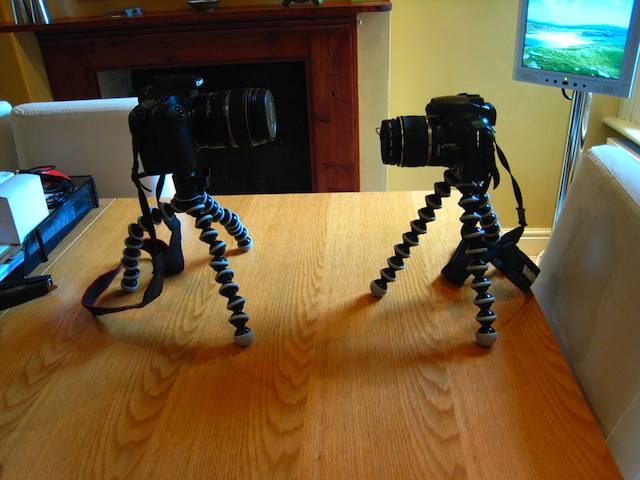On the one hand…
The film takes everything that was unsettling about the series — gratuitous materialism, deliberate elitism, cafeteria feminism — and re-serves it up in a grotesquely glittered confection, in which posh real-estate, $55,000-diamond-rings, and gaudy designer bags serve as unapologetic proxies for relationships, and even the main characters’ children are reduced to accessories. This visual orgy comes with fewer of the redeeming elements — the occasional recognition of hypocrisy, the chatty histrionics, the schmaltz — that swaddled and padded and helped us forgive the irritating unrealities of the series. And since so much of Sex and the City’s success was in its structure — episodic therapy, 30 minutes a week, over six long, tumultuous years — there’s a sense in which the filmic format (here dragged out to two hours and twenty minutes) betray the show’s stumbling essence.
On the other hand…
And yet, and yet — the delightfully confused, giddy-but-torn, no-but-yes feeling that washed over so many women as they took in the series is there in the film as well. Despite its annoyances, it’s often funny and almost always fun, and its length is a strength as well as a weakness, since it provides more of what makes women return to Sex and the City: Not the happy endings, but all the messy ambiguity beforehand. The willingness to wallow in the mess, rather than racing ahead to happily-ever-after, explains why the Sex phenomenon has provided more fodder for the post-feminist culture wars than any television series or movie before or since — and why it will be a long, long time before any other pop culture phenomenon usurps its role in those debates. So those wringing their hands over its legacy might as well take their cues from Carrie’s fictional Vogue editor, Enid: “Spare me a week of faux-soul searching, and just say yes.”
Talk about having it both ways.
I won’t be going, btw. My teenage daughter’s seen it and even she was underwhelmed.


